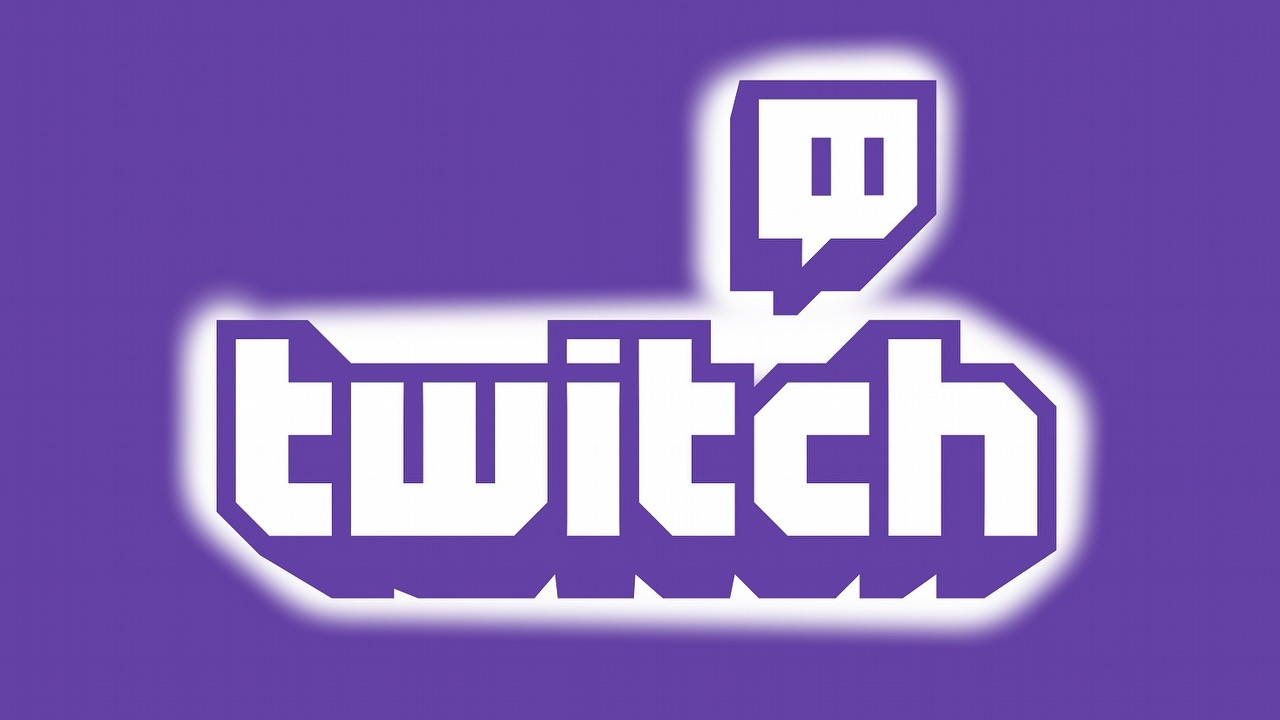Streamers Forced to Remove Streams and Clips Due to Copyright
Last week, most of the streamers operating on Twitch.tv deleted all their stream recordings and clips. Such moves were caused by problems with copyrights for musical works used by the creators.

- Some time ago, Twitch received a lot of reports related to copyright of music tracks used by streamers;
- The website ordered users to remove problematic material, threatening with bans;
- Some creators did not care until Twitch reached for more stringent measures;
- Last week, most streamers decided to dispose of all their existing materials (broadcast records and clips).
Last week was not a pleasant week for people who stream on Twitch on daily basis. For some time now, the situation regarding copyrights to songs that appeared in streams was quite tense, streamers received warnings that using music to which they don't have rights may eventually even result in a permanent ban. It may have seemed like the dust settled on the matter, but Twitch eventually pressed the streamers, who had to get rid of all archival stream recordings and clips from their channels to protect themselves from the unpleasant consequences.
DMCA - the source of the problem.
Twitch belongs to the U.S. company Amazon, so it is necessarily subject to the U.S. law, which its users must also follow. The DMCA (Digital Millennium Copyright Act) concerning the copying and distribution of materials for which the users have no copyright has not been much respected on Twitch so far, streamers used to play music in the background during transmissions (where e.g. on YouTube videos with such works have been deleted or demonetized for years). Everything seems to indicate that now such practices will not be very common.
The beginning of the copyright problem
The idyll ended in June, this year when mass complaints about illegal use of music tracks during live broadcasts were sent to Twitch. At that time, Twitch asked anyone who was not sure about the rights to the music to get rid of their clips and stream recordings.
For many streamers, removing individual clips or archival broadcasts was not the optimal solution. Besides, there was no indication that any serious consequences would be drawn in this case, so a lot of people were just going to wait it out, and it seemed like the matter was forgotten for a while.
Twitch prepares for mass removal of streams and clips
In the meantime, Twitch has prepared several features to help larger creators get rid of problematic content and control its creation in the future. The expansion of Audible Magic technology, which automatically detects illegal music in clips and removes it, has been launched, and an option has been added that enables streamers to get rid of all their existing content with one click. Soundtrack app by Twitch was also developed, which provides legal music on the website.
This did not cause the creators to take a serious interest in the matter, so Twitch also decided to remove the problematic contenton its own, informing the streamers only after the fact, which did not meet with a very warm reception.
The vast majority, seeing that Twitch is actually starting to take steps on the issue, have removed all of their content by themselves in the past week. As xQc, one of the most popular streamers, noted, it wasn't easy, as for many creators these were a ton memories from recent years that the whole community had access to, and downloading them and holding them somewhere else is just "not the same".
Twitch put against the wall
But we should remember that this whole situation is not Twitch's "invention". The website has received many reports of unlawful use of music by its creators and, willing or not, it had to take appropriate measures to avoid even greater problems. Streamers will have to get used to using music without copyright, as things work on many other websites (e.g. YouTube), and keep in mind that it is up to them to respect copyrights.
0

Author: Paul Wozniak
Part of the editorial team since 2019, he started as a news writer and now works mostly on video content. Currently, he is mainly interested in RPG, soulslike and metroidvania games, but he has also devoted a large part of his gaming life to multiplayer. In games, he mainly values complex character development mechanics and freedom of action, and tries to look at the covered titles from different perspectives. He has also been running his YouTube channel since 2023.
Latest News
- Butcher's Summit, an impressive free diselpunk FPS, has been released
- Free FPS on Half Life engine gets big update
- On February 3, gaming history could change forever. Red Dead Redemption 2 one step away from a major achievement
- This is not the RPG you expected. Crimson Desert abandons the key elements of the genre, going for original solutions
- Nintendo may unexpectedly beat Sony. State of Play is not to be the only game show awaiting players in February

